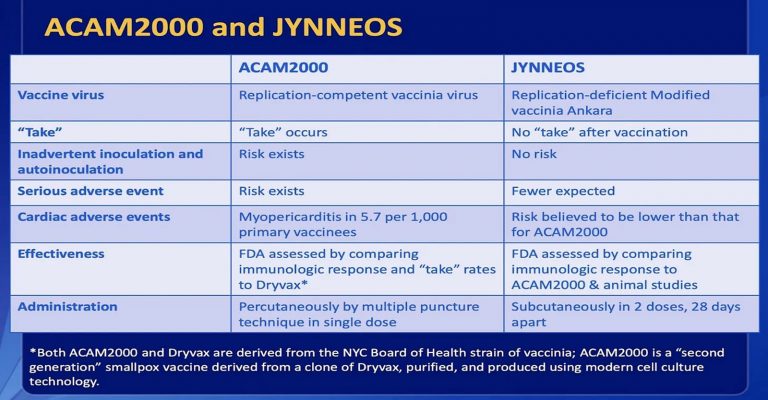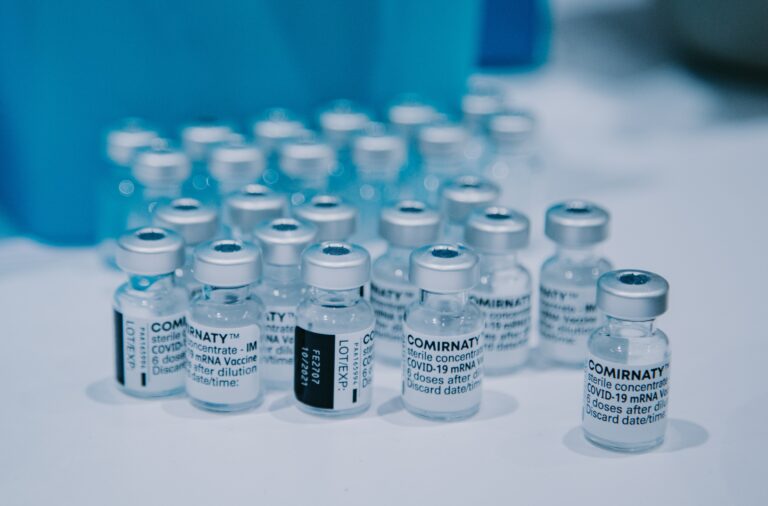WHO pandemic treaty: our fundamental freedoms at stake

Why policy makers should reject the “new WHO” – debate on amendments to the IHR and the WHO “CA+”
Report on a conference at the European Parliament in Strasbourg – April 19, 2023 with video of the conference
At the upcoming 76th World Health Assembly (WHA), (at least) 307 amendments to the International Health Regulations (IHR) and the zero draft of the Pandemic Preparedness and Response Treaty (CA+) will be presented, marking the beginning of the final period, while sovereign states can still step back from ceding control to the unelected WHO organization. The WHO reform document and the recent statement issued by the G20leaders indicate that the concept goes far beyond public health concerns and is designed to accommodate any potential autocratically declared crisis and its solution expanded by the “One Health” agenda.
The amendments to the IHR would enable WHO and its partners to make permanent the new Pandemic Industry, WHO’s “CA+” (treaty) is clearly aimed at ensuring global governance and resources without accountability, or democratic principles attached.
The final draft of the WHO Pandemic Treaty is expected to be presented in July 2024 at the 77th World Health Assembly. Member states will then have 10 months to ratify or reject the proposals. The secrecy of the negotiations and what has been discussed publicly has already raised concerns that the Pandemic Treaty along with the IHR Amendments will strip members of their sovereignty and take control over people and resources.
Members of the European Parliament have convened a conference to share knowledge, debate the risks and step forward to reveal the implications of the design of the “new WHO”. Children’s Health Defense (CHD) Europe, together with its advisors and independent experts, took the opportunity to voice their concerns and seek solutions.
The MEPs and guest speakers shared their views and reiterated that both the Draft Treaty and the IHR amendments must be examined to understand the threat that the current drafts and amendments pose to the principles of our democratic societies.
The conference was given by MEPs Virginie Joron (FR), Francesca Donato (IT), Mislav Kolakusic (HR), Ivan Vilibor Sincic (HR), Cristian Terhes (RO), Sylvia Limmer (DE) and Stasys Jakeliunas (LT). The invited speakers were Wolfgang Wodarg MD, David Bell PhD, Dr. Silvia Behrendt and Philipp Kruse LL.M.
Albert Bourla, CEO of Pfizer, and Tedros Adhanom Ghebreyesus, Director General of WHO, were invited but declined their invitations.
See timestamps, references and materials below the recording.
Summary and timestamp of speakers: MEPs and experts (link)

Virginie Joron
MEP, ID Group, France
00:00 Virginie Joron, MEP, opened the conference by expressing her concern about the lack of adequate assessment and review processes for the COVID pandemic in relation to WHO proposals. The COVI Committee in Europe failed in its task to address the basic issues.
Key figures of the last 3 years, A. Bourla CEO of Pfizer and WHO DG T.A. Ghebreyesus were both invited but declined their invitations.

Francesca Donato
MEP, Independent, Italy
03:30 Francesca Donato MEP focused on the potential impact of the draft treaty, not only in interfering with how independent countries can decide to manage public health, but also how far-reaching interventions and surveillance with an extended scope by the “One Health” approach would take over in relation to climate change, livestock and land use, threatening the democratic processes of sovereign nations. With a single governing body, WHO, countries will lose perspective and oversight over how resources are allocated and how mandates are implemented. ” Without national sovereignty there is no democracy,” he concluded.

Mislav Kolakušić
MEP, Independent, Croatia
14:25 The definition of pandemic was changed, dialogue was interrupted and anyone with a difference of opinion was effectively prevented from being heard in the media. After a long history of controversial so-called pandemics – it begged the question: what does a pandemic do? It creates fear and shifts power to organizations like the WHO.

Ivan Vilibor Sinčić
MEP, Independent, Croatia
20:18 “The draft treaty is nothing but a tool (…) to have even more control over the population, but this time not only in the Western world, but all over the world” Our basic human rights have been eroded in the last 3 years – if we do nothing there is a threat that this process will continue. The pandemic has been used by governments around the world to silence dissent and limit freedom of speech and movement. Government overreach and corruption are a real threat to our democracies. We must hold political leaders accountable. Our future depends on what we do today. ” Say NO to bad policies, whatever it takes” was Ivan V. Sinčić’s final message to the conference.

Cristian Terheş
MEP, ECR, Romania
26:05 “Sovereignty belongs to the people and is exercised in two ways: by referendum or through elected officials…. Public officials are accountable to the citizens. In the last 3 years there has been a total change. The alternatives are very clear: slavery or freedom” Having been born in Romania during communism, Terhes had previously experienced what it feels like when the only choices are the ones presented to us.

Wolfgang Wodarg MD
32:42 A new standard is being set: WHO defines diseases, laboratory values and pandemics. Which means you can make people sick by simply changing lab values and redefining parameters. It is very problematic for WHO as its experts are sponsored by the pharmaceutical industry. If you look at the WHO funding you can see how they are just the marketing department of that industry. Elaborating on the social solution Wodarg stated, “There is no democracy without subsidiarity.”
References:
False Pandemics, Arguments against the empire of fear : https://www.amazon.de/-/en/Wolfgang-Wodarg/dp/3949559094
WW website: https://www.wodarg.com/

Dr. David Bell
1:00:07 Fundamental questions need to be asked and answered by WHO about the events of the last 3 years and their consequences. While the impact of the so called pandemic related actions driven by WHO is devastating, WHO continues to move to grab more power and resources. WHO’s budget used to come from member countries and was calculated through each country’s GDP. It was one country, one vote. The situation started to change 20 years ago: now sponsors pay for a specific project in a specific place and sometimes for a specific outcome. Instead of putting its money where it is needed, WHO now puts its money where its sponsors tell it to put its money, and about 20% of WHO is now funded by private money and private interests. This is just one of the many elements with which Bell shared his experience and research findings.
References:
Why policy makers should reject WHO pandemic proposals April 4, 2023 https://childrenshealthdefense.eu/eu-issues/why-policymakers-should-reject-whos-pandemic-proposals/
PANDA, Science-Sense-Society: https://pandata.org/raise-objection-to-proposed-pandemic-treaty-of-the-who/
Brownstone Institute https://brownstone.org/

Dr. Silvia Behrendt, Legal Director GHRA
1:14:15 Anti-pandemic measures around the world have largely been implemented through executive orders without democratic control and beyond democratic control, led by a global authority – WHO. There is a need for a legal analysis and investigation of WHO and the stakeholders behind it. He called for the establishment of an independent legal framework to enforce the legality of WHO plans and actions.
References:
The proposed amendments to the International Health Regulations: An analysis
Global Health Accountability Agency: http://www.ghr.agency/

Philipp Kruse, LL.M
1:39:18 The amended international health regulations of the WHO will be legally binding in the future. In Article 13A, the member states recognize the WHO as the directing and coordinating authority and commit themselves to follow the recommendations of the WHO. Member states will be bound by this, which will remove state sovereignty and deprive peoples of their rights. What is at stake for sovereign states and what can be done to stop this power grab?
References:
WHO Power Grab – Vital Information for the Attention of Lawyers and Legislators
Questions and Answers: 1:55:41 – End of the presentation













